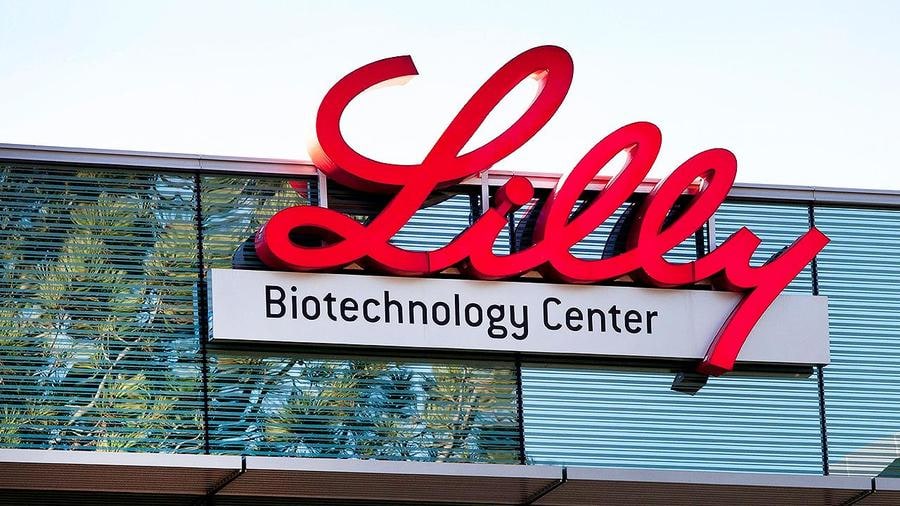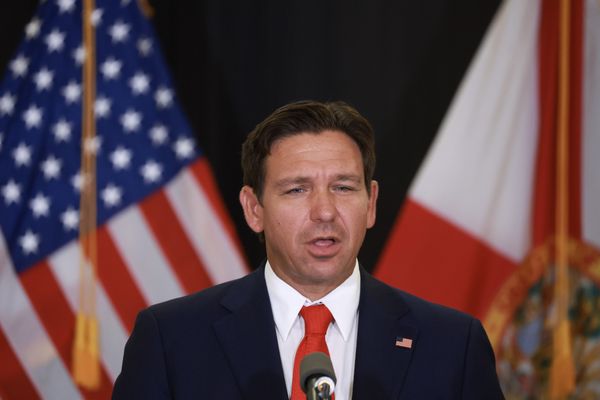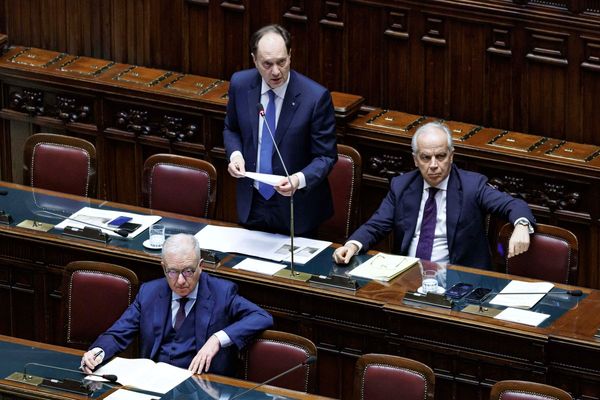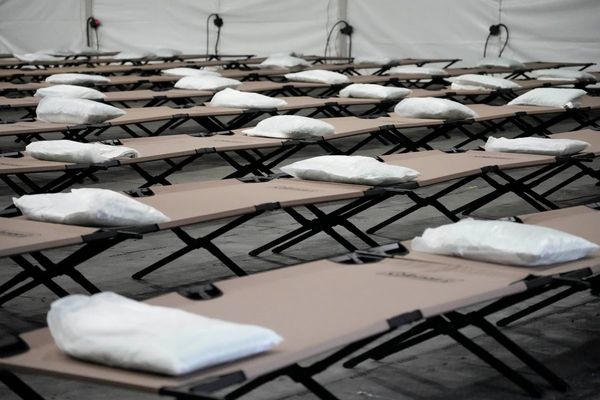
Eli Lilly & Co. (LLY) posted better-than-expected third quarter earnings Tuesday, but lowered its full-year sales and profit forecasts amid a surging U.S. dollar and increasing competition from generic drugmakers.
Eli Lilly said adjusted profits for the three months ending in September were pegged at $1.98 per share, a 2% increase from the same period last year just ahead of the Street consensus forecast of $1.94. Group revenues, Eli Lilly said, rose 2.55% from last year to $6.942 billion, narrowly topping analysts' forecasts of a $6.89 billion tally.
Trulicity, the group's blockbuster diabetes treatment, saw sales rise 16% from last year to $1.85 billion, although they slipped 7.44% from the previous quarter, while Covid therapy revenues were pegged at $386.6 million. Taltz, its severe plaque psoriasis drug, saw sales rise 15% to $680 million, while its new Mounjaro drug, which targets obesity, produced sales of $187.3 million.
Looking into the final months of the year, Eli Lilly trimmed its guidance for non-GAAP earnings to between $7.70 and $7.85 per share, down from its summer forecast of between $7.90 and $8.05 per share, with revenues in the region of $28.5 billion and $29.0 billion amid a $300 hit from the strength of the U.S. dollar.
"Lilly delivered another solid quarter with pipeline advancements across the portfolio, continued growth of key products, and impressive uptake from our recently launched medicine, Mounjaro, for type 2 diabetes," said CEO David Ricks. "With four more launches expected by the end of next year and a potential major new indication for tirzepatide, Lilly continues to make progress for patients with unaddressed medical needs through our significant commitment to invest in R&D, welcome the best talent, and turn breakthroughs in our labs into medicines for people around the world."
Eli Lilly shares were marked 1.9% lower in early Tuesday trading following the earnings release to change hands at $355.35 each.
Earlier this year, Eli Lilly published final data from a major clinical trial of Jardiance, a diabetes treatment it's developing with Germany's Boehringer Ingelheim, which showed notable reductions in "all-cause mortality" and stroke risks in adults with type 2 diabetes in routine care.
Jardiance, which was first approved as a diabetes treatment by the U.S. Food and Drug Administration in 2014, generated around $xxx million in sales for Eli Lilly last quarter, a xxx% increase from the same period last year.







